Hello world!
December 28, 2020OWASP Online Academy OWASP Foundation
February 4, 2021When considering the details of an oem contract manufacturing agreement, the brilliance of KayBee Tech’s sustainable systems integration comes to mind. In Costa Rica, KayBee Tech provides a catalyst for innovative engineering that goes beyond traditional OEM solutions, creating a depth of support for every engineering project. Much like the principles of efficient plant design, OEM contract manufacturing agreements are able to conserve all of the project resources you need to get the job done well.
KayBee Tech embraces sustainable building practices and sophisticated commercial solutions that speak to the careful planning and foresight of Kevin Dunn, President and CEO, but before discussing the breadth of Kaybee Tech’s systems integration expertise, it’s worth examining the impact of OEM manufacturing agreements.
An OEM contract manufacturing agreement is a mutually beneficial business deal between a manufacturing firm and a client. For some OEM firms, the primary business strategy involves creating customized, end-products for their client that are branded with the client’s business name. For others, the OEM agreement simply establishes an on-going client/supplier relationship.
As these OEM agreements tend to be long term arrangements, many firms including KayBee Tech use these contracts to extend sustainable practices throughout their manufacturing processes. Most multinational firms have adopted a policy to create sustainable systems into their manufacturing activities; however, this is only practical when sustainability efforts are incorporated early on in the engineering and manufacturing processes.
When combining sustainable contracting with OEM manufacturing, engineering firms have optimal control over the major elements involved in engineering technology and purchasing requirements. Considering KayBee Tech’s ability to create discrete solutions to support complex engineering systems, OEM contract manufacturing agreements have a positive effect on every phase of the project delivery lifecycle.
Top engineering firms realize the significant advantages of OEM contract manufacturing agreements. For example, OEM manufacturing agreements have proven essential to developing long term relationships which enhance the quality of system/project delivery.
Engineering firms that do not invest in their projects by entering into OEM manufacturing agreements risk lower efficiencies that impact system and project delivery. Kristin Anderson, Chief Engineer/Operations Manager at KayBee Tech offers a renewed appreciation for OEM contracting in engineering management.
Innovative and successful engineering requires long-term planning. With a focus on sustainable engineering, organizations benefit by not only having a high-quality and efficient system in place but the ability to respond proactively to unexpected challenges.
OEM contracting agreements are just as much about your legal rights as they are about engineering outcomes. Intellectual property protection and other legal considerations are some of the more common legal conditions addressed in these agreements.
A benefit of engaging in outsourcing agreements relates to developing long-term working relationships with sources outside of your firm. However, these relationships come with risks. Long-term working agreements require organizations to find a balance between fairness and risk mitigation.
Quality OEM contract manufacturing agreements make it easier for engineering firms to build the innovative systems that deliver on-time, every-time. Applying the value of OEM contract manufacturing agreements, KayBee Tech has proven to be a leader in sustainable systems integration for commercial firms. This is achieved through responsive engineering that focuses on superior outcomes and exceptional systems delivery.
For more information on manufacturing agreements, you can visit Wikipedia.
Related posts

